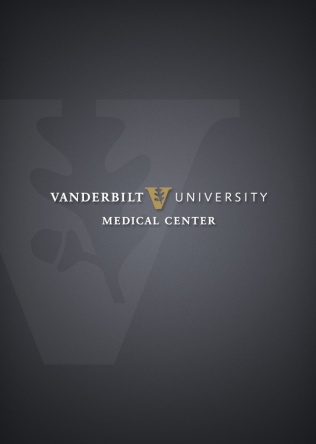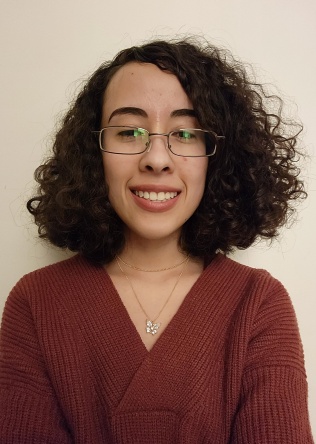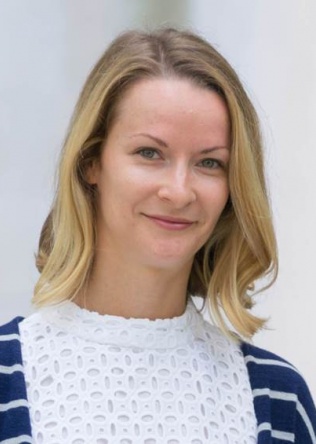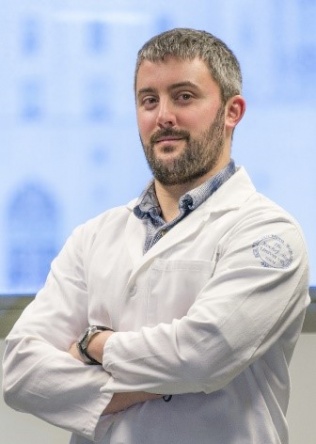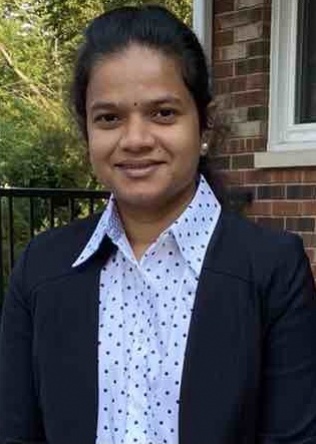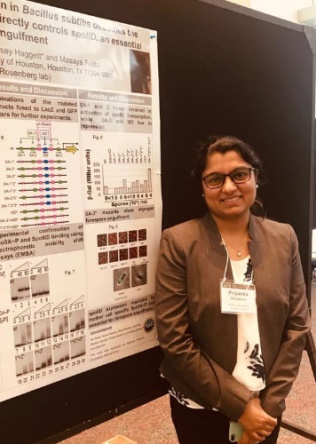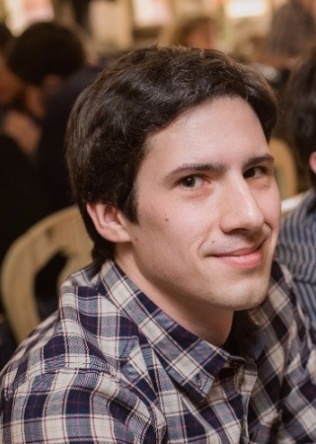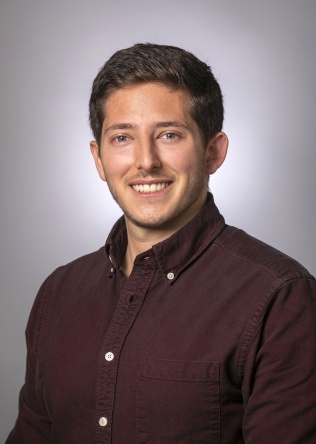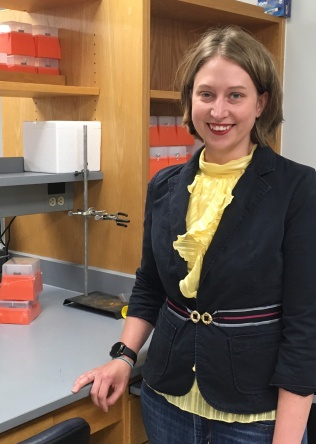Sergio Escobar
Alejandra Flores
I work on reoviruses at the Ogden Lab, specifically in the elucidation of elements required for assortment and packaging.
I was born in El Paso, Texas, but I grew up in Mexico. I did my undergrad at the University of Texas at El Paso. My future interests are science policy.
Janet Markle, Ph.D.
The Markle Lab is interested in understanding genetic determinants of immunity. Our studies are patient-based, and we focus on children with severe immune-mediated diseases. Our lab uses human whole exome and whole genome sequencing to discover monogenic (e.g. single gene) inborn errors of immunity in children with rare infectious, autoimmune, or auto-inflammatory diseases. We use a customized bioinformatic pipeline to sift through large genetic datasets to pinpoint candidate gene variants. Then, we study the impact of these variants on the expression and function of the encoded proteins. We aim to thoroughly characterize the functional impact of each variant at the molecular and cellular levels, and to this end we use both classical and cutting-edge techniques in molecular biology, protein biochemistry, in vitro cell culture approaches, and mass cytometry using patient leukocytes. Current projects include: inflammasome-activating mutations, mutations affecting cytokine receptors, novel candidate genes for intestinal inflammation, and characterizing the microbiota of patients with monogenic immune diseases. Our group uses both ‘dry-lab’ (computational) and wide variety of ‘wet-lab’ approaches and our interests lie at the crossroads of human genetics, human immunology, and host-microbe interactions.
Human immunology, genetics, T cells, innate immunity, flow and mass cytometry, host-microbe interactions, microbiome, bioinformatics
Ruben Martinez Barricarte, Ph.D., MSc
Since very soon after Louis Pasteur discovered that infectious diseases were caused by “germs” (1866), the question of why most children remain asymptomatic whereas others develop clinical, sometimes fatal, disease after infection with the same pathogen has remained a major enigma in the field of infectious diseases. During recent years, this question has been tackled from a human genetic perspective by hypothesizing that individuals who develop severe disease have an undiagnosed primary immunodeficiency (PID) caused by a single-gene inborn error of immunity. In other words, these individuals have a “hole" in their immune system caused by a mutation in just one immune-related gene. This mutation predisposes them to life-threatening infections with a given pathogen while remaining resistant to other infectious challenges. Using a multidisciplinary approach, our lab tries to genetically and immunologically dissect severe infectious diseases in otherwise healthy individuals.
Human immunology, human genetics, infectious diseases, molecular biology, primary immunodeficiencies (PID), immunogenetics
Suba Rajendren, Ph.D.
Priyanka Srivastava, Ph.D.
Aleksandr Shamanaev, Ph.D.
Chris Peritore-Galve, Ph.D.
I grew up between Columbia, Missouri and Mexico City, Mexico. I received my B.S. in Biology from the University of Missouri. I received my Ph.D. in Plant Pathology and Plant-Microbe Biology from Cornell University. My dissertation studies in the laboratory of Dr. Christine Smart focused on understanding how the Gram-positive pathogen Clavibacter michiganensis colonizes and thrives in the tomato vascular system, and how wild tomato relatives from the Andes mountains resist the disease it causes. I began my postdoctoral fellowship in 2020 with Dr. Borden Lacy to expand my training and to develop my independent research program.
Clostridioides difficile infection is the number one cause of hospital-acquired diarrhea and pseudomembranous colitis in the USA. This Gram-positive bacterial pathogen produces two large, homologous protein toxins, TcdA and TcdB, which cause disease pathogenesis. The toxin-mediated nature of this disease make understanding the function of C. difficile toxins in vivo a high priority. My research aims to elucidate the mechanisms used by each toxin to cause diarrhea, pseudomembranes, and to perturb innate immune pathways that may be deleterious to the host.
